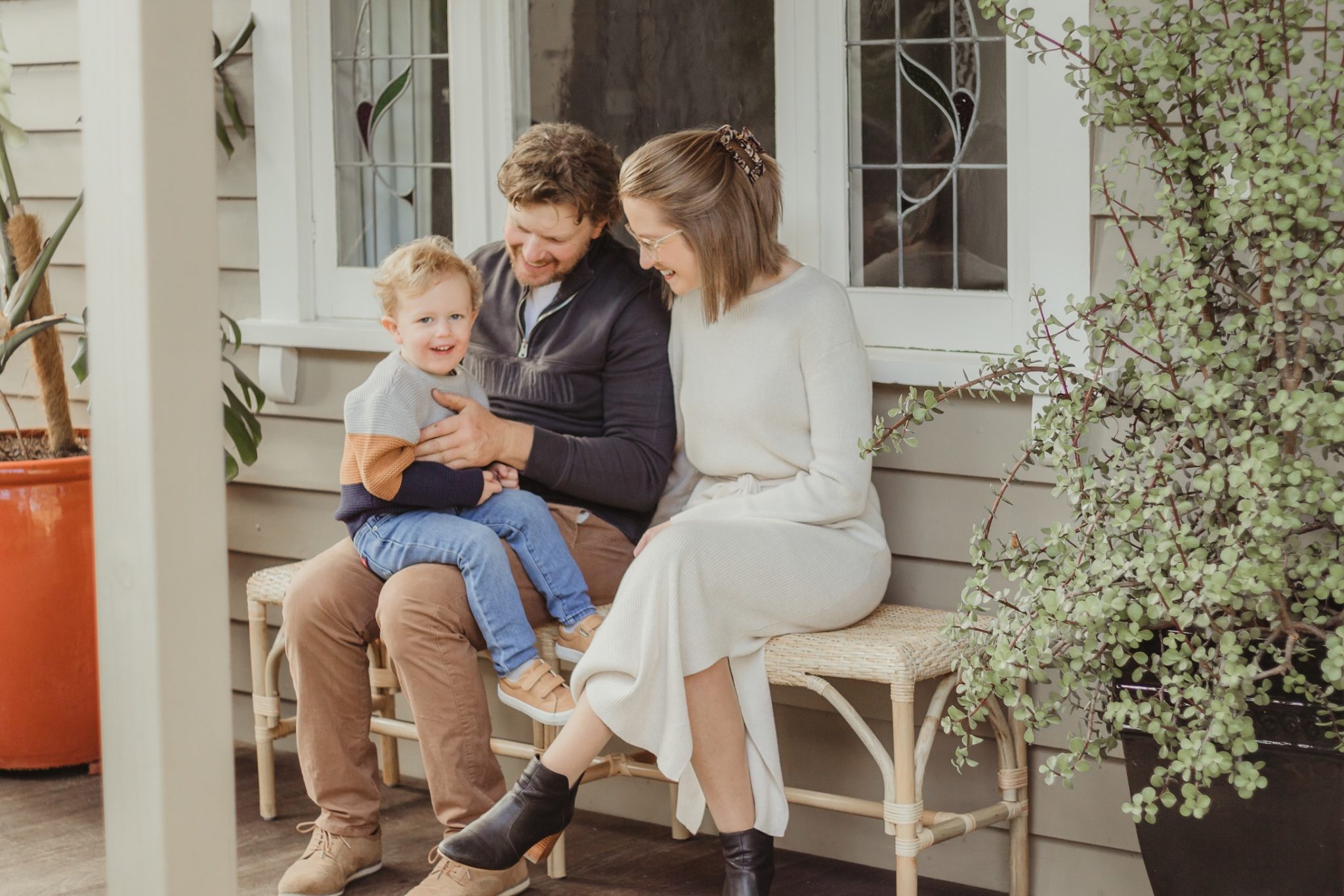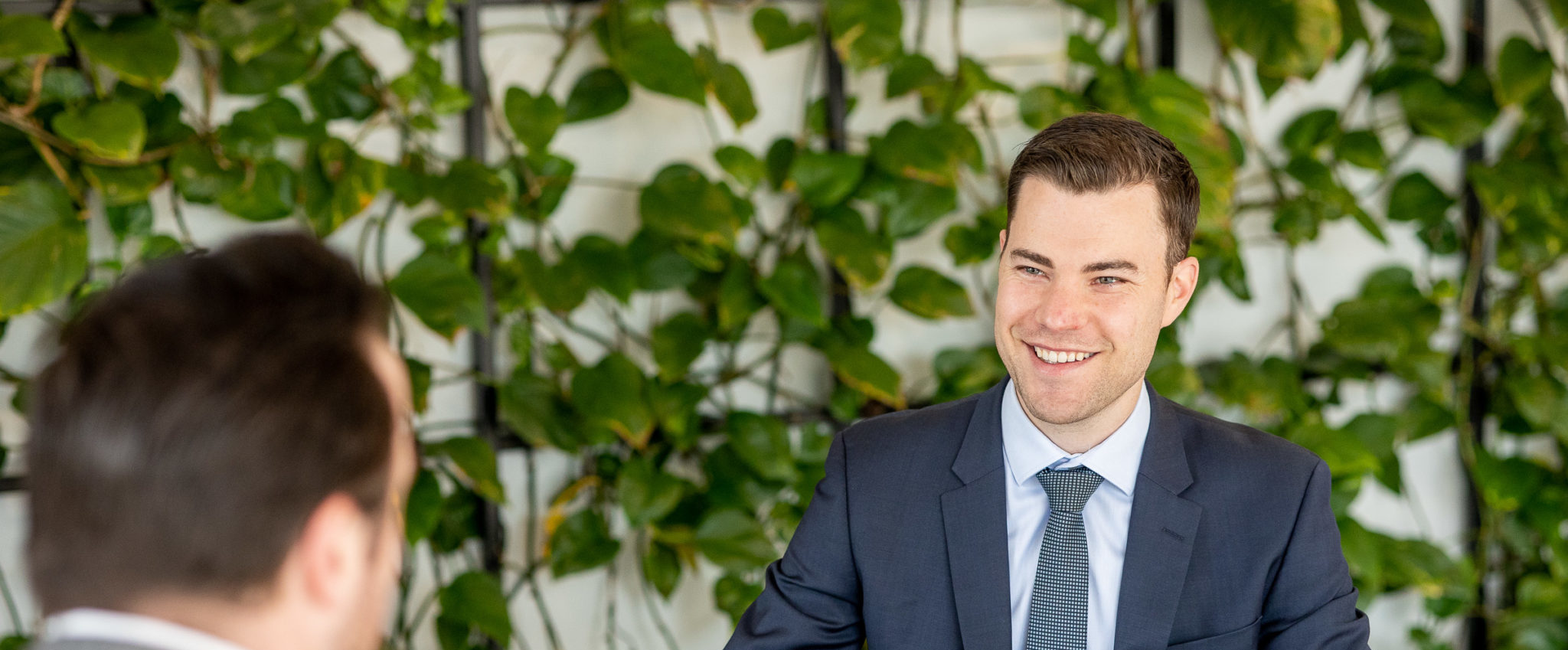Things to know about choosing and appointing a Guardian for your minor children if both you and your partner were no longer around to care for your children.
Why should I appoint a guardian for my child?
The future is not ours to see and there will no doubt come a time as a parent when you will contemplate the fragility of life and the impact that unforeseen circumstances may have upon your family should something happen to you and your partner before your child turns 18.
Consideration for the care of your children is an important dimension to Estate Planning and careful thought needs to be given to who will look after your children in such circumstances. While this may not be a pleasant thought, it is worth taking some active steps to ensure that your wishes for your child are formally documented.
Many parents (understandably) push the thought aside, put it in the “too hard basket” or don’t have a formal Will or established Estate Plans. Others can’t bear to think about that daunting possibility or cannot agree on the very difficult decision as to who should be appointed to care for their children when they are no longer around.
The person nominated to look after and make parenting decisions for a minor child is known as a Guardian.
Choosing a Guardian for your children below the age of 18 may be one of the most complicated decisions you will ever make as a parent and no parent would want to think about the possibility of dying while your children are still young; however, if you have a young family or you have children who are presently under the age of 18, or you have a young child with a disability, then it is certainly recommended that you include Guardianship provisions in your Will.
Appointing a Guardian is a personal decision and one which may avoid disputes between family members if the unexpected happens. It is also a role that is likely to change depending on the age of your children, and so your nominated Guardian may change as your children grow, based on their needs and your own wishes and preferences.
Following the death of a loved one, grief, feelings of entitlement or obligation may arise amongst family members and close friends. This can make an already overwhelming situation worse for children if no guardian has been appointed and family members disagree as to whom should take responsibility and care of your children.
What is the role of a Guardian for a minor?
A guardian of a minor has all of the powers and responsibilities of a parent concerning the day-to-day care of the child, the child’s support, care, education, health, and overall welfare and well-being. A guardian must at all times act in the child’s best interests until the child turns 18.
Things to consider in choosing a guardian for your child:
To choose the next best person to care for your child is a very tough decision to make as a parent as no one can compare to you as a parent.
In making your choice you may wish to consider the following:
- Geographic location of the Guardian: to allow your children to easily live in the same area, continue to attend the same school and have continued contact with friends. Stability and continuity of normal routine is often considered vital for children in these circumstances.
- Consideration of a Guardian with whom your child may already have a close relationship and bond with.
- Practical considerations as to who will be best suited to take on the role – keeping in mind factors such as the age of your children and the age of the nominated Guardian and any physical limitations, financial stability, and/or their suitability in addressing the emotional needs of your children.
- Consider living arrangements – Will your children be required to move in with the Guardian or is the Guardian able to move to allow your children to continue to live in the family home?
- Future plans – Does your potential Guardian have children or are they planning on having children in the future? How will this impact their ability to also provide care and support to your children?
- Consider similarities in your lifestyle, values and religious/cultural beliefs, particularly those you consider to be vital to continue for your children.
Once you have a list of potential individuals, you should have a conversation with each of them about being named Guardian for your children. These conversations may reveal feelings and attitudes that will help you make your decision, and allow the potential individuals to express their views on being nominated.
What happens in the event that there is no appointment of Guardianship documented in my Will?
If there are no specific written instructions in your Will, upon the death of both parents, any person with sufficient interest (such as grandparents, aunts or uncles and other family members or close friends) can apply for guardianship of your children.
In this situation, should a dispute arise as to who should care for your children, then the matter will go before the Family Court to decide who should become the legal guardian, based on a consideration of what will be in the best interests of the child in all of the circumstances. This is not ideal as the person chosen by the court may not necessarily be the person that you would choose to care for your child. This can be a very costly exercise, both emotionally and financially for all parties involved.
By parents making their wishes clear in their Will, it removes any doubt on the issue and significantly reduces the possibility of disputes arising. In the event of a death of one parent, the surviving parent will continue to be the legal guardian of the child unless there are circumstances to reflect that this is not in the best interest of the child. Such circumstances may include a restraining order against the surviving parent or child, incidences of domestic violence perpetrated by the surviving parent or a history of drug or alcohol abuse by the surviving parent.
If these circumstances are relevant to your family situation, you should seek the advice of an expert Estate Planning Lawyer.
How do I appoint a Guardian for my child?
You can formally nominate a guardian for your minor child in your Will. A specific clause will be drafted by your Estate Planning Lawyer to be included in your Will which accurately reflects your intentions.
Your Will may also include a statement of Wishes and intentions to detail important wishes for your children, such as the schools you wish your children to attend, living arrangements, holiday visitations amongst family on both sides, travel to places of significance, and religious or other cultural beliefs or practices to be continued, amongst others.
This list will be tailored to meet your specific requirements during your consultation with your Lawyer. You can also provide for the nomination of alternative guardians if your first choice is unable or unwilling to take on the role at the time.
It is essential to discuss your intentions, obtain consent and discuss your expectations with the prospective Guardian. During this discussion, it’s also a good idea to share the set of wishes and intentions that you have prepared with them to ensure that they are willing and able to fully take on the responsibility.
What are the financial implications for the guardian being appointed?
There is generally a standard clause in a person’s Will that gives the trustee (Executor) the power to advance income and capital for the maintenance, support, education and benefit of minor children. A nominated guardian should not suffer any financial burden or loss whilst acting in the role.
In practice, the Guardian and Trustee will usually come to an arrangement as to how regular expenses are paid for the children, and the Guardian will then approach the Trustee for the payment of any unanticipated expenses.
It is often recommended to separate the roles of executor/ trustee of your estate and guardian of your children, by nominating different individuals to these roles. The executor/trustee of your estate holds responsibility for the collection and distribution of your estate assets, including looking after these assets during the minority of your children, and providing such amounts as are required to the Guardian during this period, in accordance with the terms of your will. The guardian of your children will be responsible for making parenting and lifestyle decisions for your children. By separating these roles, you can avoid conflicts of interest or any potential misconduct to ensure that your children’s best interests are always protected and remain at the centre of all decision-making.
When to review your choice?
As your children grow and their needs change rapidly, and as your own relationships with potential Guardians change over time, it is important to regularly review your nominated Guardian to ensure the nomination continues to reflect your intentions, and meet the best interests of your children. Further, the circumstances of the Guardian may have changed, impacting their suitability to undertake the role.
We strongly recommend that you review your Will, including the nomination of Guardians, every 12 months or so, to ensure the content continues to accord with your wishes, and the needs of your family. Should the review uncover any required changes, please contact our team of experienced Estate Planning lawyers to arrange the preparation of an update of your Will.













